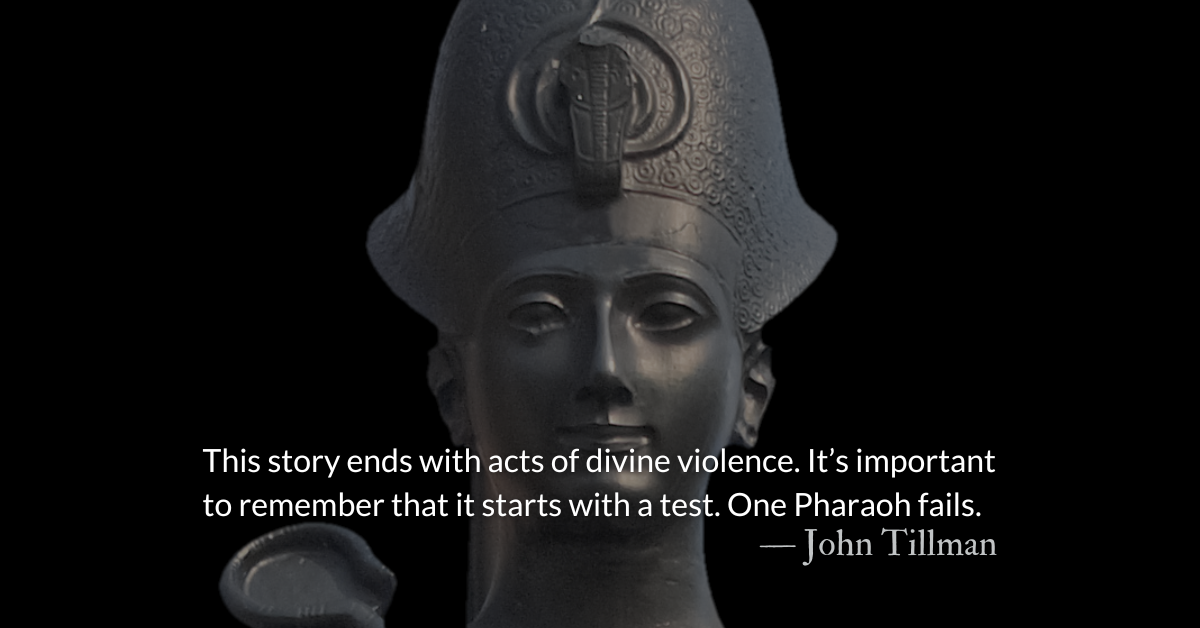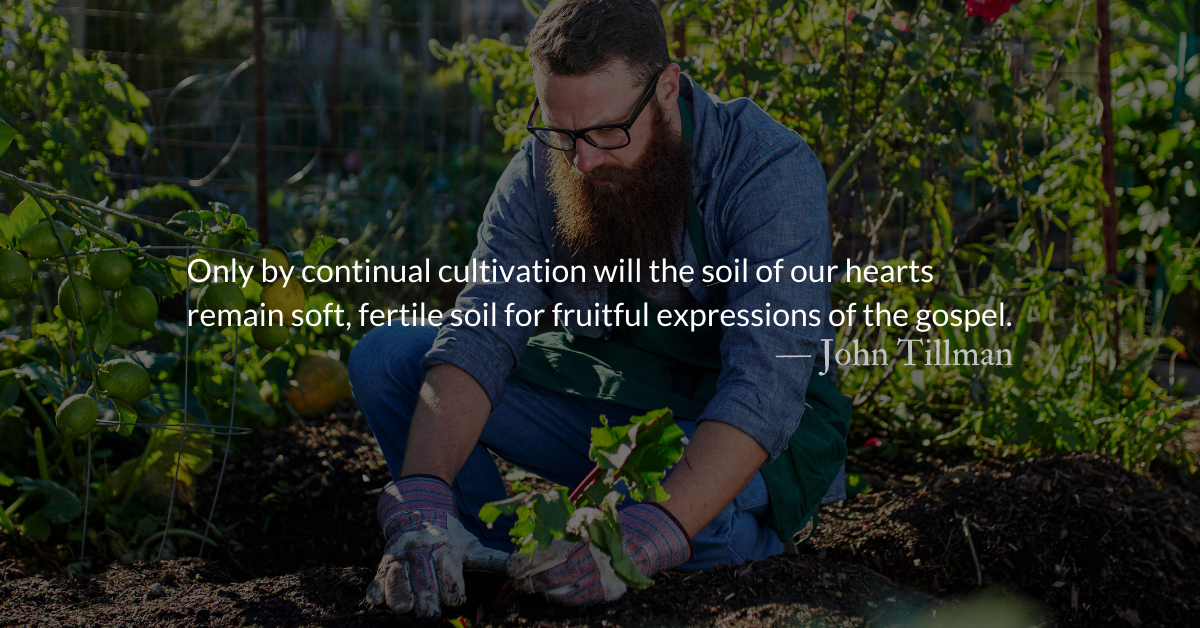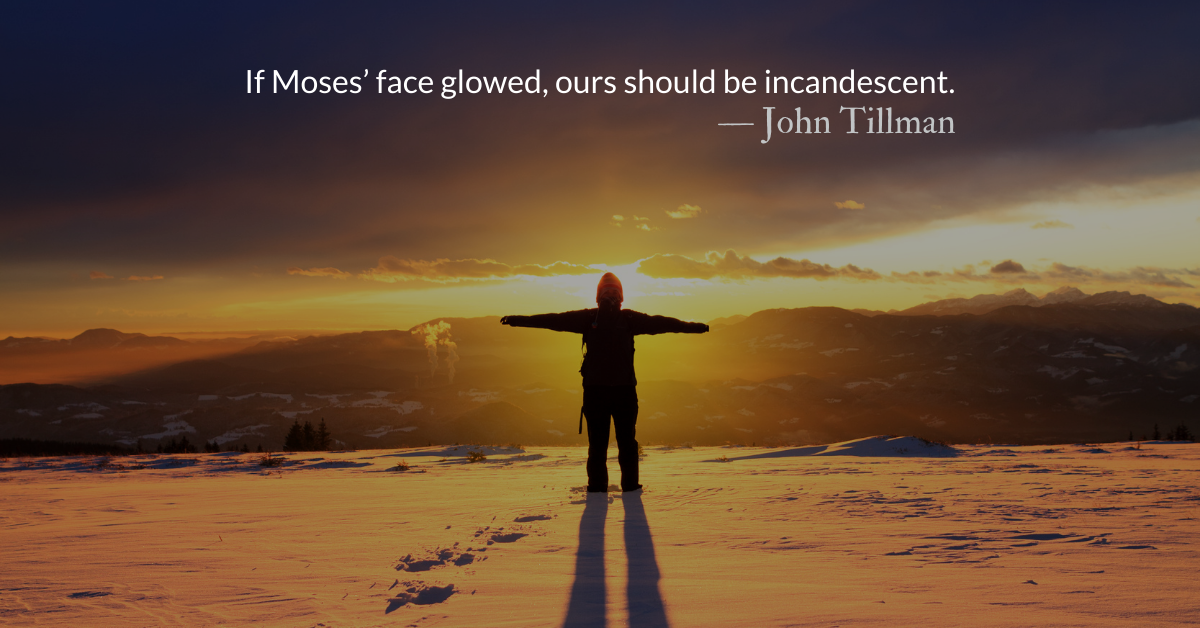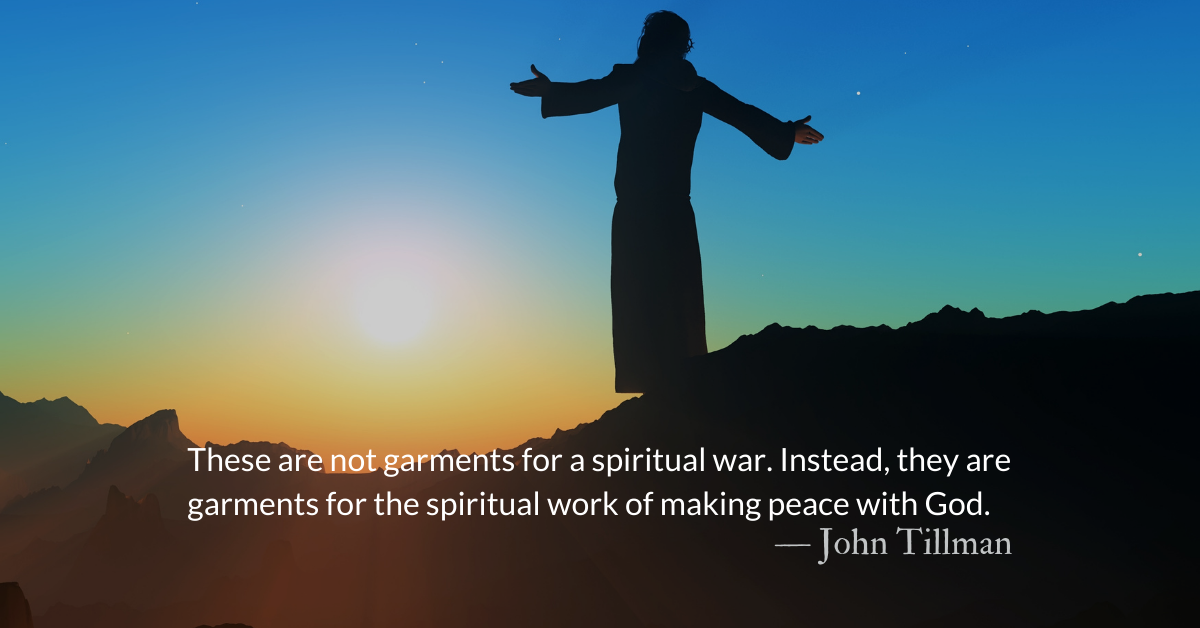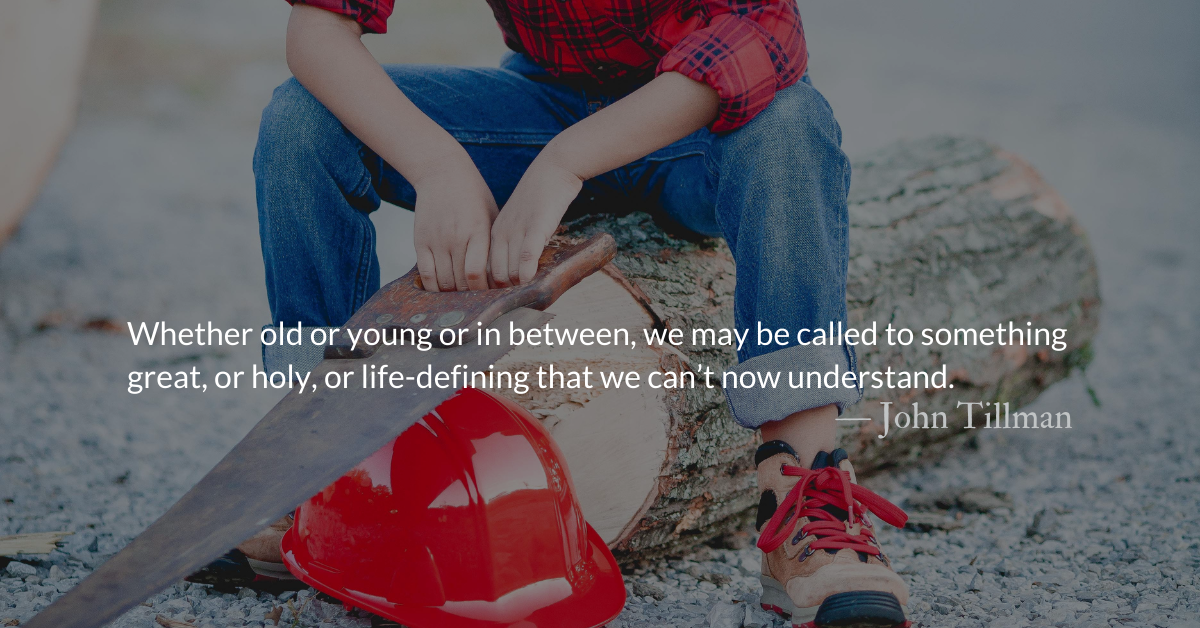Scripture Focus: Exodus 3.18-20
18 “The elders of Israel will listen to you. Then you and the elders are to go to the king of Egypt and say to him, ‘The Lord, the God of the Hebrews, has met with us. Let us take a three-day journey into the wilderness to offer sacrifices to the Lord our God.’ 19 But I know that the king of Egypt will not let you go unless a mighty hand compels him. 20 So I will stretch out my hand and strike the Egyptians with all the wonders that I will perform among them. After that, he will let you go.
Reflection: Testing Before Judgment
By John Tillman
God told Moses to ask the current Pharaoh for a three-day journey into the wilderness to worship God, presumably at Sinai. Yet, even at the beginning of this story, we know that’s not God’s full intention. God also told Moses that he intended to take all Israel out of Egyptian slavery and return them to Canaan. Is God’s request through Moses a deception? Will not the God of all the earth tell the truth? (Genesis 18.25)
It seems to me this indicates something other than deceit. The request is not a lie. It is a test. God is testing Pharaoh’s heart. This story ends with acts of divine violence. It’s important to remember that it starts with a test. One Pharoah fails.
Another passage on divine violence is similar. God heard an outcry against Sodom. Then he sent representatives to test if the city was as bad as the report. (Genesis 18.20-21) Only after testing does God initiate judgment.
Moses, Aaron, and the slowly escalating nature of the plagues provide Pharaoh with off-ramps to escape further judgment. The plagues interrogate Pharaoh’s heart, “Are you as proud and stubborn as I have heard? Will you repent and turn from evil?” What he finds in Pharaoh’s heart seals his fate.
Typically we apply this story by seeing ourselves as Moses, Aaron, or perhaps the suffering Israelites. But it is often helpful to learn from villains as well as heroes. What does the way God tested Pharaoh tell us about God and about testing?
God’s tests prove him righteous. Pharoah repeatedly “hardened his heart” proving God right about him. Eventually, his chances run out. God is merciful and compassionate, but he does not leave the guilty unpunished. God’s final plague on Pharaoh is to harden Pharaoh’s heart further, making him incapable of letting the people go.
Are there wicked ways within us? Are Pharoah-like thoughts creeping in?
It is a good spiritual practice to regularly ask God to interrogate our hearts, to test us. Testing from God is a mercy that allows us a chance to humble ourselves and repent.
What happened to Pharaoh doesn’t have to happen to us. God’s tests for his children are not intended to lead to judgment and pain. They are intended to lead to our repentance and sanctification. Soften your heart today to hear him and obey, to repent and rejoice.
Divine Hours Prayer: The Refrain for the Morning Lessons
You strengthen me more and more; you enfold me and comfort me. — Psalm 71.21
Today’s Readings
Exodus 3 (Listen 3:59)
Matthew 14 (Listen 4:14)
Read more about Cultivation Must Be Learned
Who is your community? With whom are you processing God’s Word?
Read more about Supporting Our Work
January is a great time to become a monthly donor. Please consider becoming a monthly donor for 2023. Support ad-free content that brings biblical devotionals to inboxes across the world.

